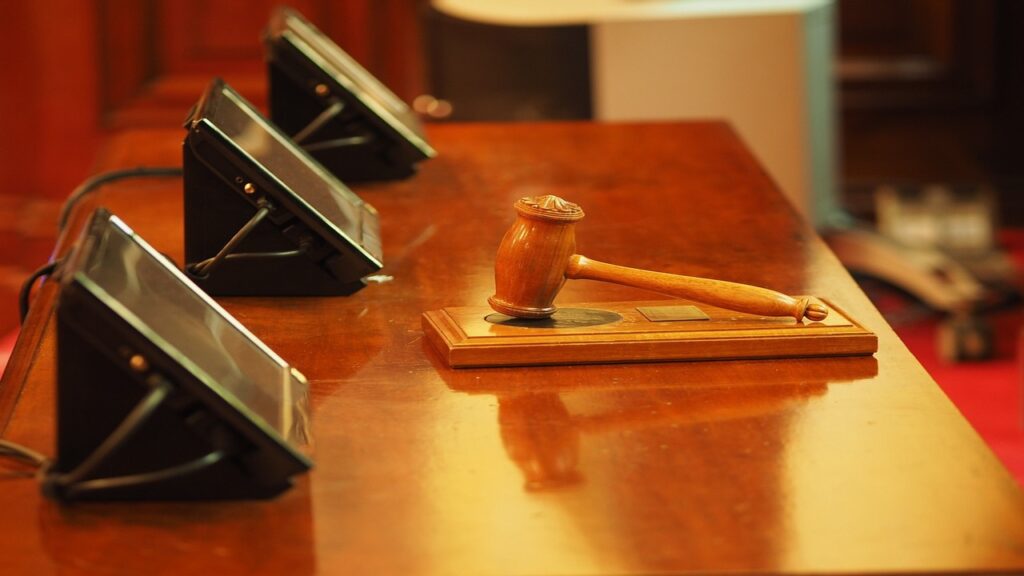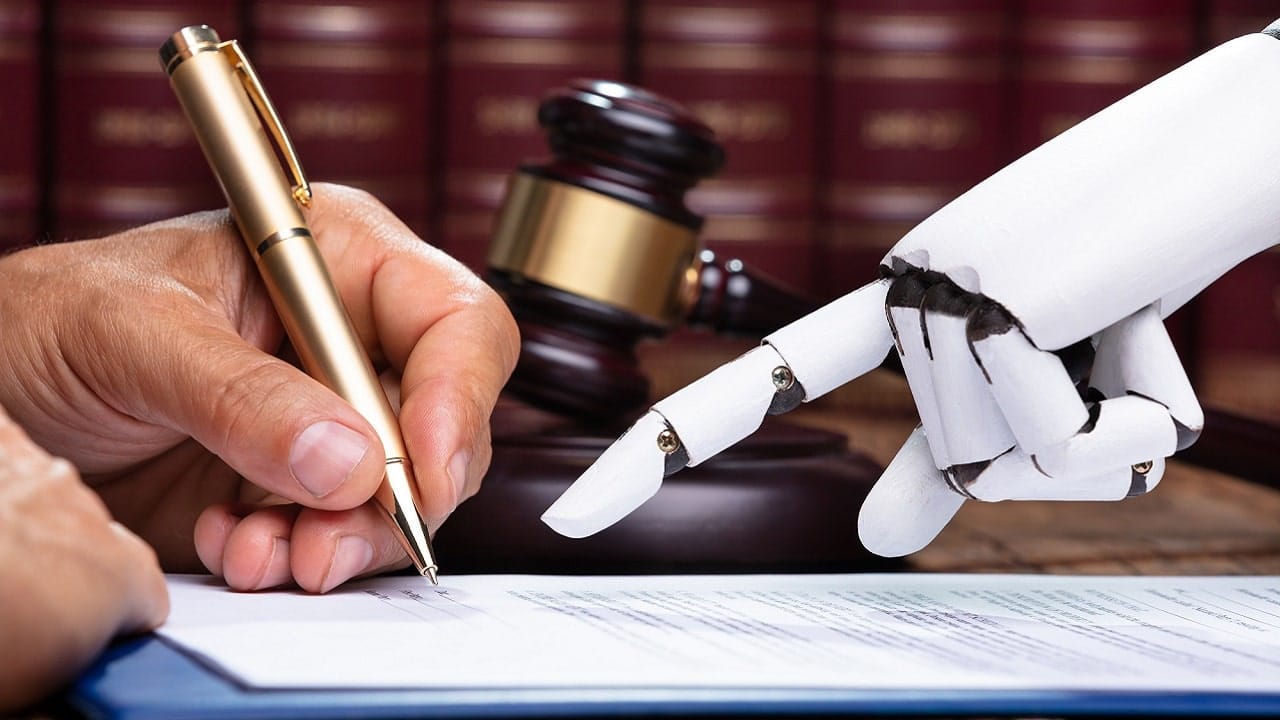February 22nd the robot lawyer of DoNotPay AI should have managed the his first hearing, defending a defendant in a trial in the United States. But the company’s CEO said California state prosecutors had threatened to sue the company, with the executive saying he could have risk up to six months in prison. So the law expert AI had to cancel its court debut.
Robot lawyer drops his first court case
As we had already told you, the CEO of the New York startup DoNotPay, Joshua Browder, had promised that the robot lawyer developed by the company would debut in court on February 22. “We will make history. DoNotPay AI will whisper in someone’s ear exactly what to say. We will publish the results and share more after it happens,” he explained to the press.
QONTO. The business account that simplifies everyday banking.
But our robot lawyer will not be able to address the judge and jury, because DoNotPay has announced that he will not be able to participate. This is because Browder says California prosecutors have threatened to sue the company. One of the magistrates even said that the CEO risked up to six months in prison.

Browder told NPR, “Even if it didn’t happen, the threat of criminal charges was enough to give up. The letters have become so frequent that we thought that was just a distraction and we should have moved on.”
A law expert kept out of court
DoNotPay didn’t create its own robotic legal intelligence to double up for Saul Goodman in court. The robotic jurist, on the other hand, was born as a free chatbot to help write letters and compile legal documents. In fact, the company’s robot lawyer takes advantage of the AI of solutions such as ChatGPT and DaVincitrained to communicate like a true American law expert.
During the trial, the defendant allegedly asked to defend himself and instead held smart glasses to record what was happening, wearing headphones to let DoNotPay suggest what to say.
Some jurists had already anticipated to CBS News that wearing earphones and recording proceedings is illegal in many US courts. Especially since in almost all states everyone present in court would have to fsign releases to give consent to be registered. For this reason, despite having evaluated over 300 processes, only in two courts it was possible to attempt this techno-legal experiment.
A future still possible?
After alleged pressure from the prosecutor’s office, Browder decided to lower the ambitions of his jurist robot, focusing on perfecting the AI that helps consumers assert their rights. Especially to ask medical expense waivers, canceling subscriptions and disputing tax reports.
While not as egregious as court cases, these kinds of arguments affect a great many people. They often don’t have many alternatives available. The CEO explained to NPR that ““The truth is most people can’t afford lawyers. This could have tipped the balance and allowed people to use tools like ChatGPT in the courtroom which perhaps could have helped them win cases“. But already defending consumer rights, without cost and with AI, seems like an important result.
What do you think about it? Tell us in the comments.















Leave a Reply
View Comments